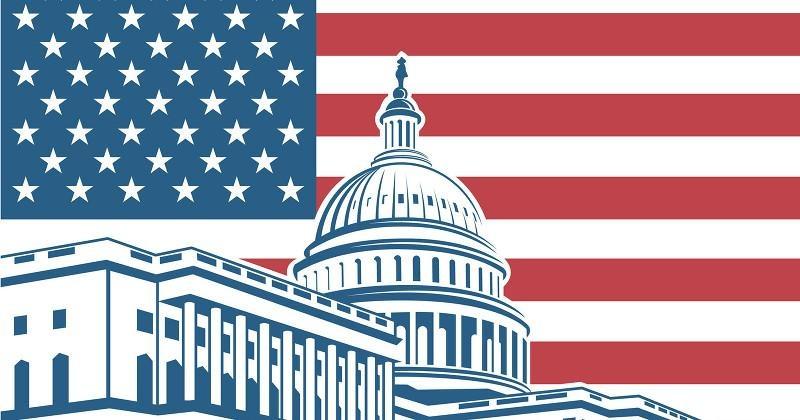
You need to hand it to President Donald Trump, his entire administration and his party. It takes more than a little chutzpah to act in a way that seems callous to the concerns of children. First, it was gun control. Now it is immigration in general, and separating children from their parents in particular. If this is the way to winning the midterms, it’s hard to see how.
Republicans have talked for decades about crime, drugs, national security, traditional values, the dangers associated with big government and helping businesses produce economic growth.
GOP candidates are comfortable talking about those themes during campaigns, and the party’s voters have become accustomed to hearing those issues addressed.
Democrats, on the other hand, have talked more about quality-of-life issues, the environment, health care, gun control and helping the more disadvantaged and vulnerable in society, including the poor, the elderly, single mothers and children. Democratic voters expect their candidates to stress those topics and offer prescriptions.
At certain moments, Republican priorities have broader appeal, while at other times the Democratic message has been shown to be superior.
Not surprisingly, swing voters go back and forth between the two parties, depending on the issue mix and the country’s priorities, and enthusiasm within both parties ebbs and flows.
Fall focus
If this November’s elections are about the state of the economy, Republicans will do quite well. Most of the economic indicators are good, and while things could change over the next few months, they are not likely to deteriorate dramatically.
Republicans would likely keep the House and Senate if the midterms were only a referendum on the president’s handling of the economy.
But the economy isn’t dominating voters’ attention these days.
The June 1-4 NBC News/Wall Street Journal poll asked registered voters about the “most important factor in deciding your vote” and found five issues bunched together in the double digits: health care; economy and jobs; guns; taxes and spending; and immigration.
In tough economic times (whether high unemployment or high inflation), the economy and jobs inevitably rank far ahead of other concerns because people think first about putting food on the table and paying the mortgage.
But today, when jobs are relatively plentiful and Americans feel upbeat about the economy, people have time to think about other issues and problems — such as health care, gun control and how people should be treated.
Now, after spending the last couple of years demonizing immigrants, fighting those who advocate more diversity, ripping up government regulations, cutting taxes for corporate America and doing little to respond to a series of school-related shootings, President Donald Trump doubled down on immigration, producing a “zero tolerance” policy that meant separating children from their parents, before backtracking with an executive order after the uproar penetrated even the Oval Office’s usual political calculus.
Core Trump voters — the kind of people who watch the...

